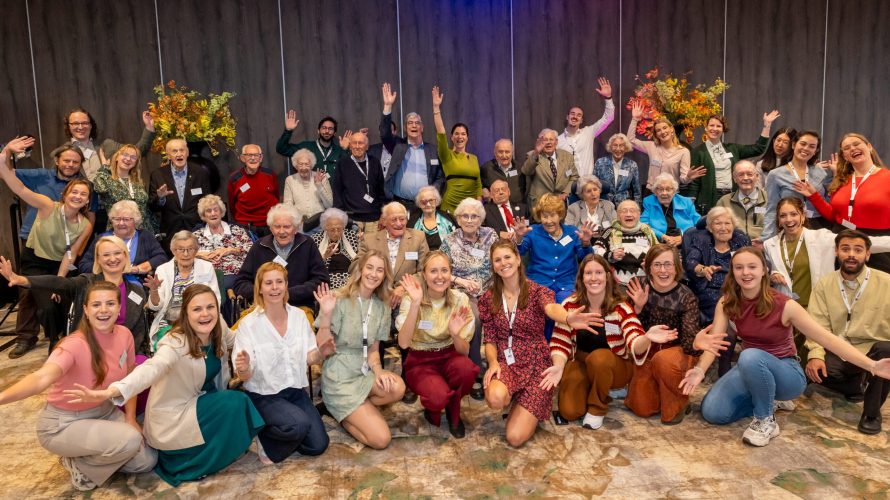


Genomics of Neurodegenerative Diseases and Aging (100-plus Study)
Department of Human Genetics, Amsterdam UMC.


Our research
An estimated 60-80% of the chance to develop Alzheimer’s disease depends on genetic factors, and similar percentages apply to other neurodegenerative diseases. Thousands of genetic risk factors are involved: some occur only very rarely in the population, others are more common. Each individual is uniquely vulnerable for developing diseases, which depends on the unique constellation of disease associated genetic variants they inherited from their parents.
Therefore, it is important to know which genetic factors are involved: (1) they point towards the molecular processes underlying the disease, necessary to design accurate treatment strategies. (2) they can be used to predict the individual vulnerability for diseases, far before the onset of symptoms. In the future, when treatment options become available, predicting who is at risk before the onset of symptoms will allow timely and accurate treatment.
Unfortunately, only a fraction of disease associated genetic elements is currently known. To identify novel genetic elements, our group compares the genetic constellations of those affected by neurodegenerative diseases with cognitively healthy individuals. Next to identifying risk-increasing genetic variants, our group takes a unique approach: we aim to identify genetic elements that protect against neurodegenerative diseases.
We conceived the 100-plus Study: an on-going prospective cohort study of centenarians who self-reported to be cognitively healthy, their first-degree family members and their respective partners. By investigating the genetic constellations and biomaterials of those who escaped disease until extreme ages, we aim to learn how cognitive decline can be avoided.
Ultimately we hope that our findings will contribute in helping others achieve the same: reaching extreme ages without dementia. Read more about the 100-plus Study.
In our aim to translate our scientific findings directly to the clinic, our research section forms the bridge between the department of Human Genetics and the Alzheimer Center Amsterdam.

Dr. Henne Holstege, section leader & PI of the 100-plus Study, amidst several centenarians at the 100-plus day 2019. To read an interview with Dr. Henne Holstege click here.
About our centenarians
Centenarians participated
Women
Age of oldest living participant
Age of oldest participant ever
Median age at inclusion
Lives independently
Brain donations
Partners participated
Siblings participated
Partners of siblings participated
Children participated
Partners of children participated
The team

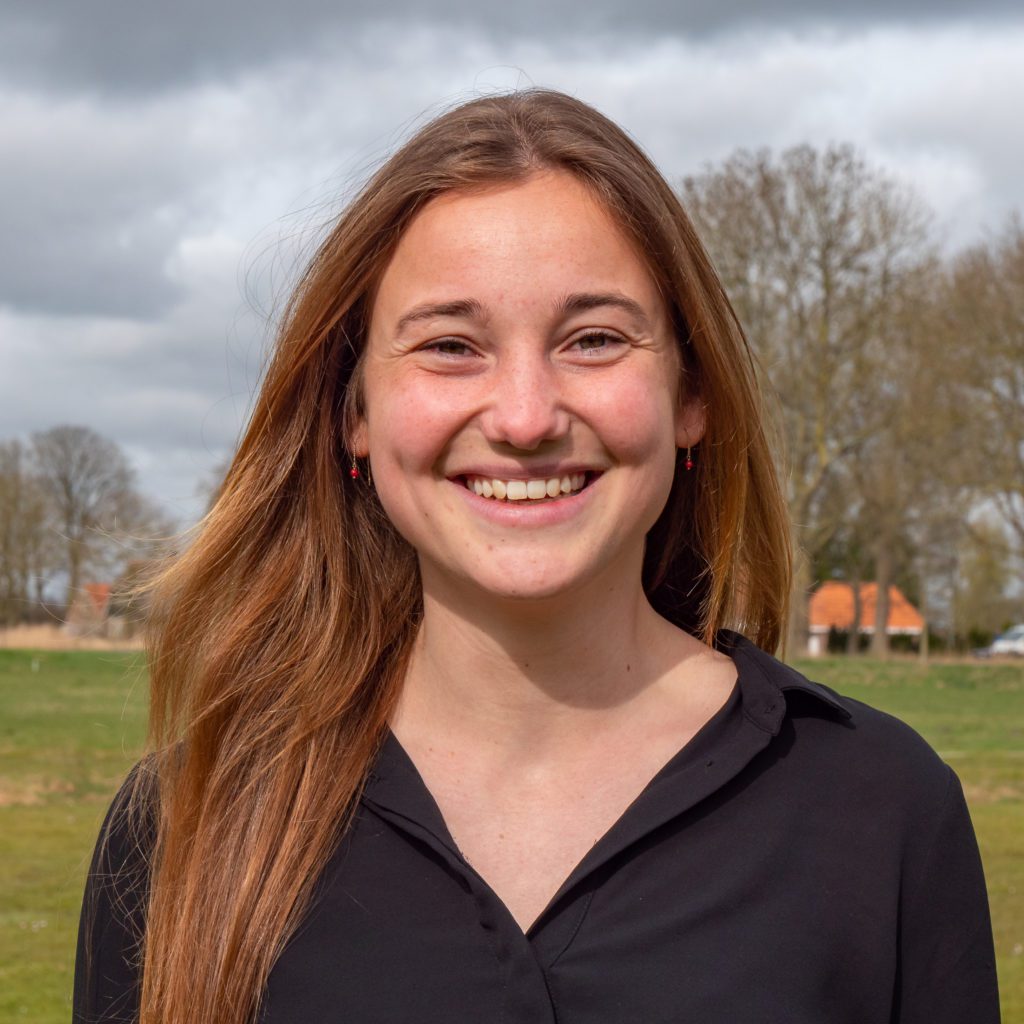


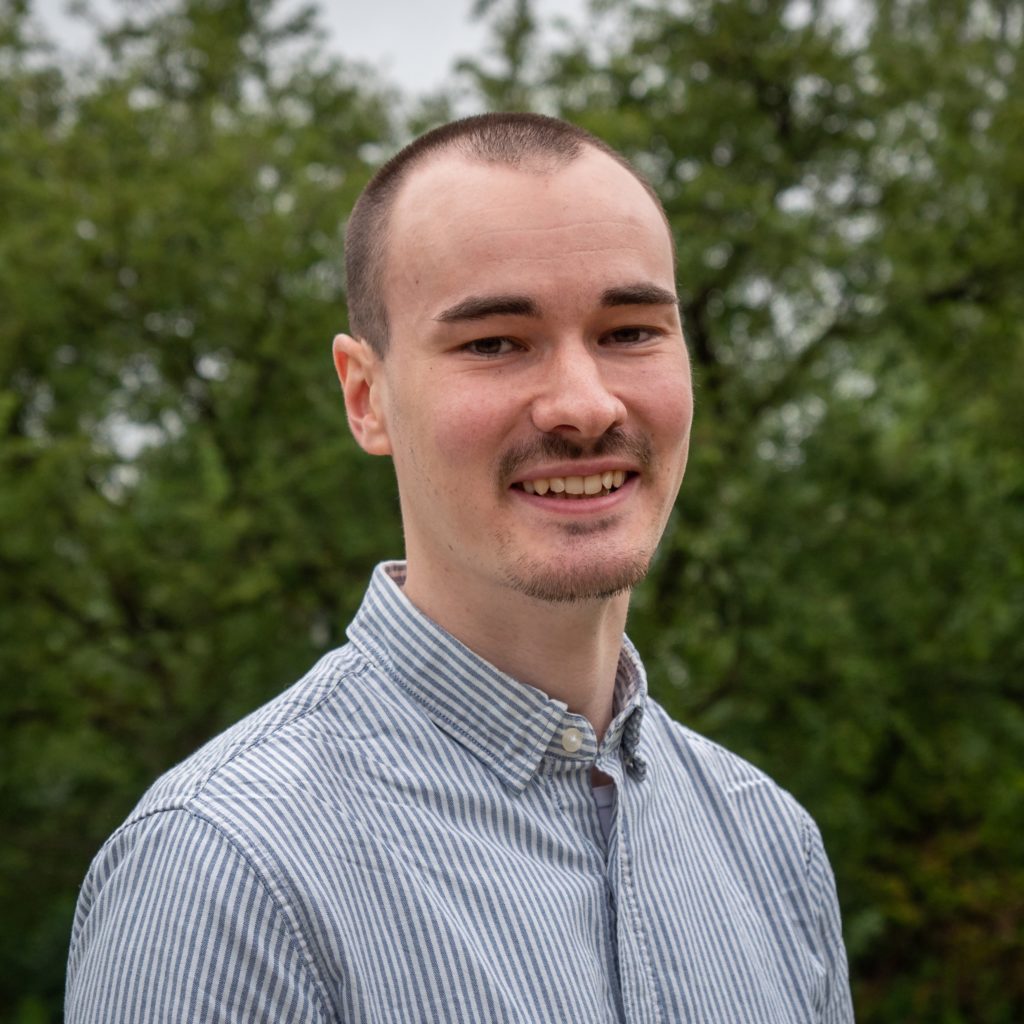


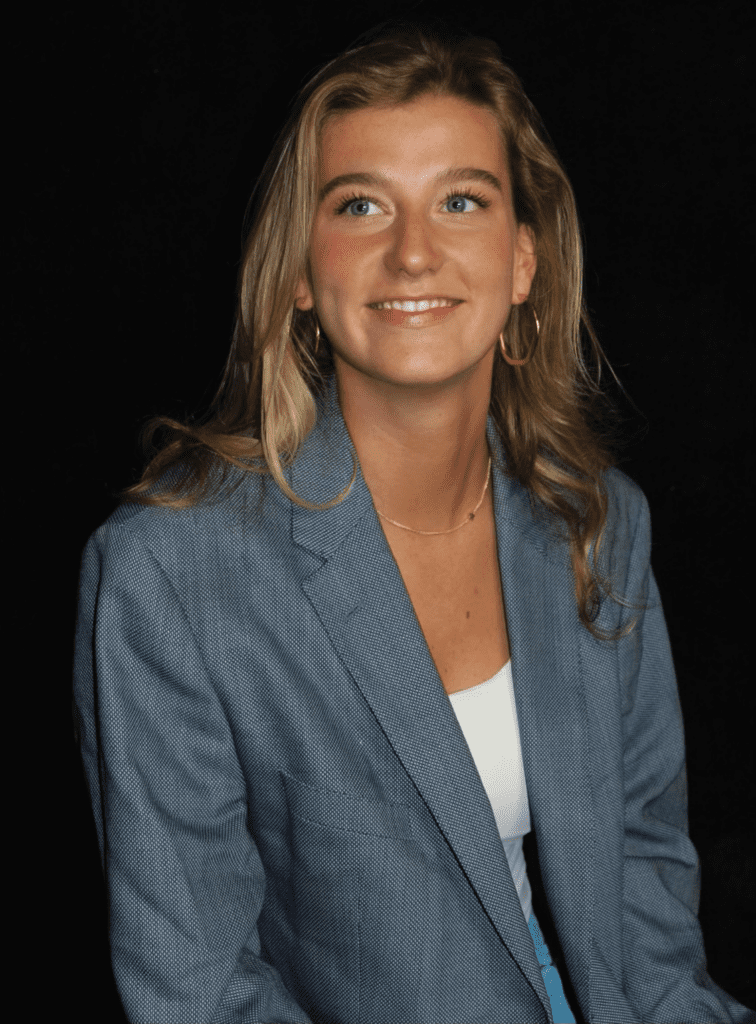

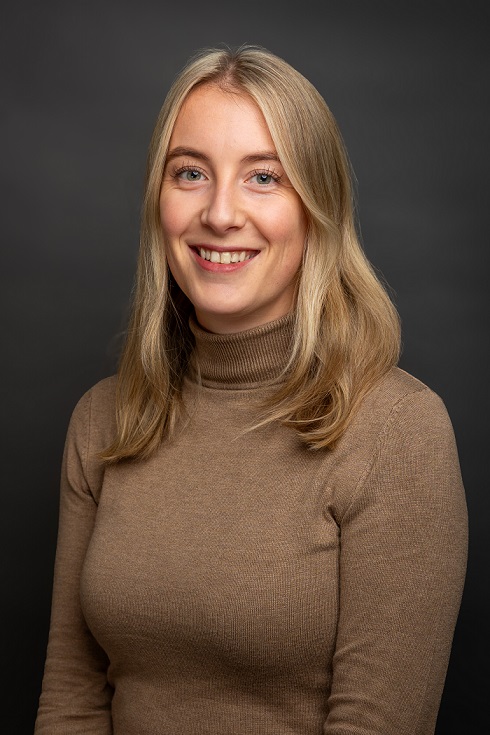
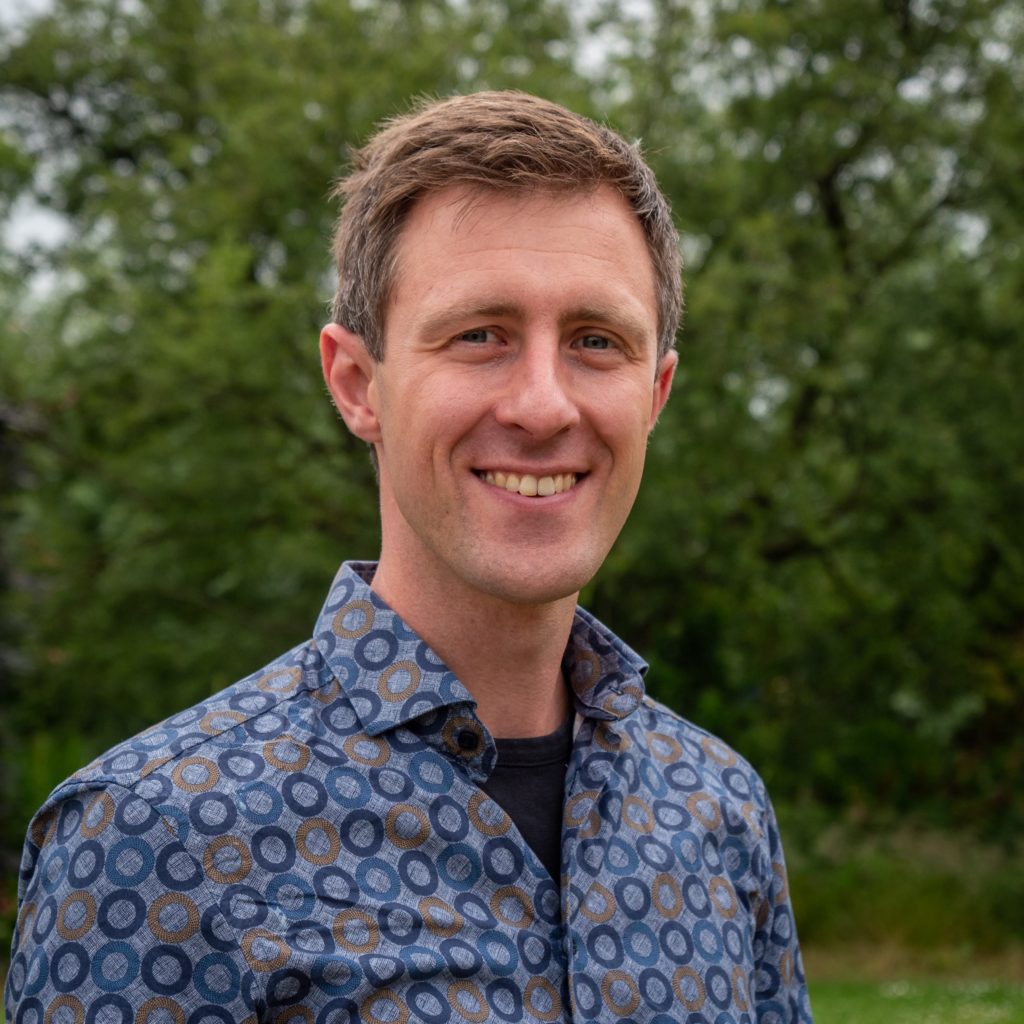



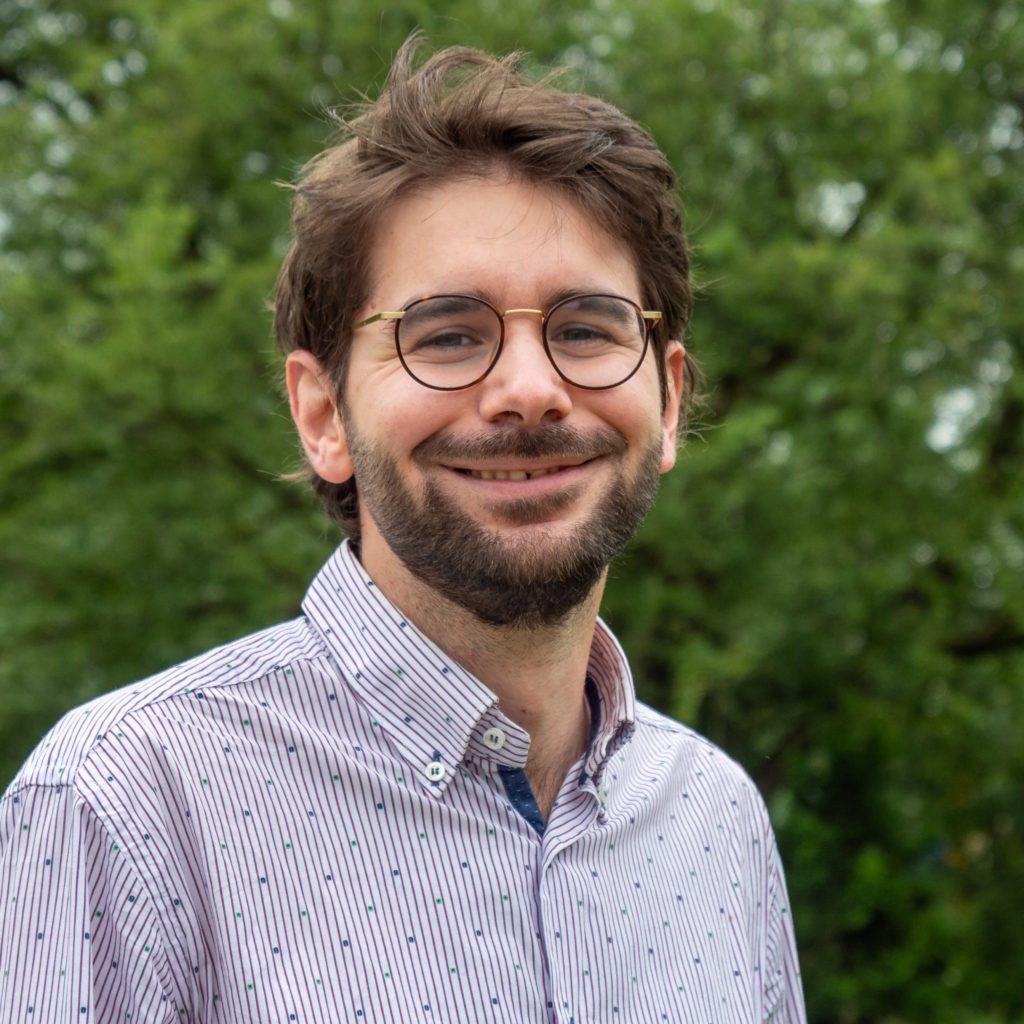
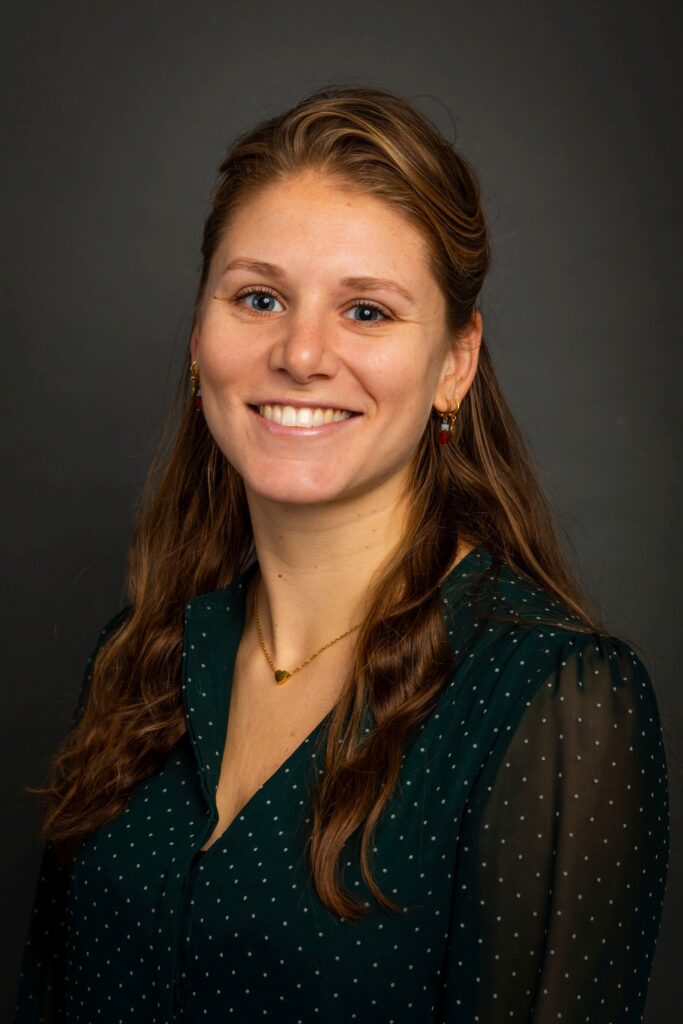


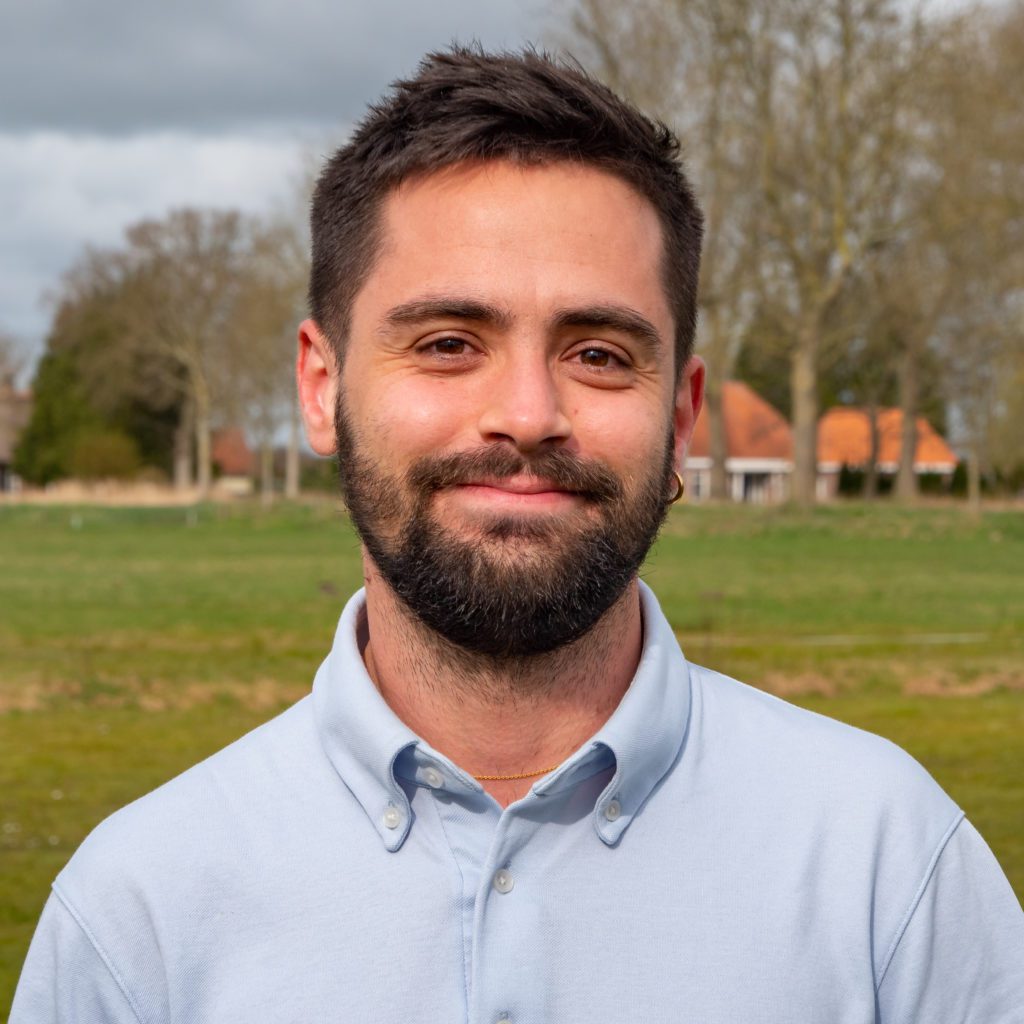

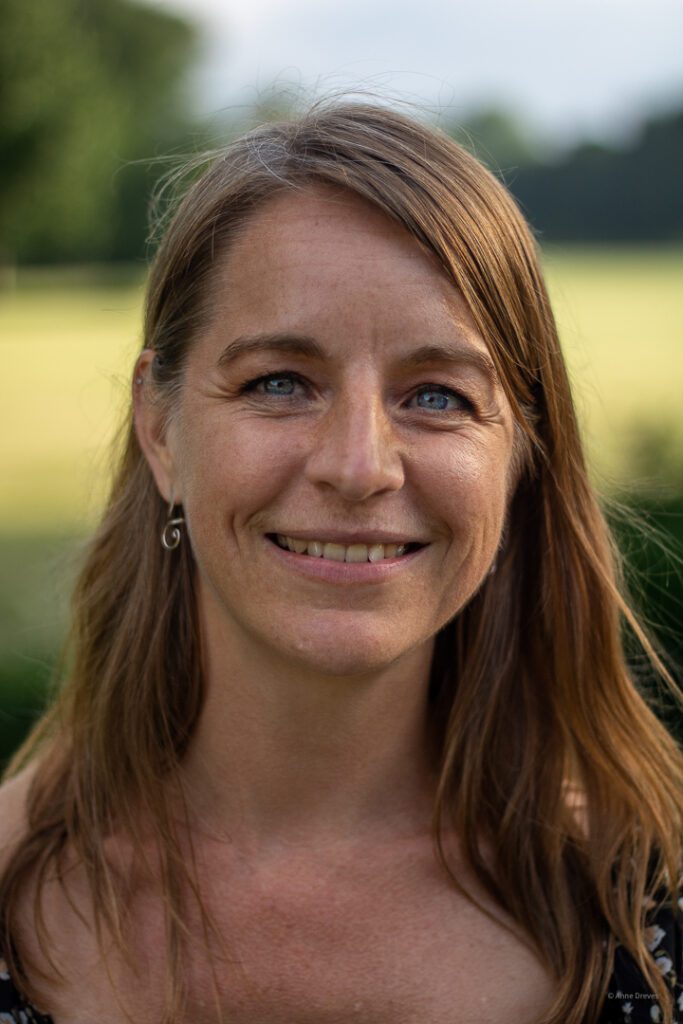

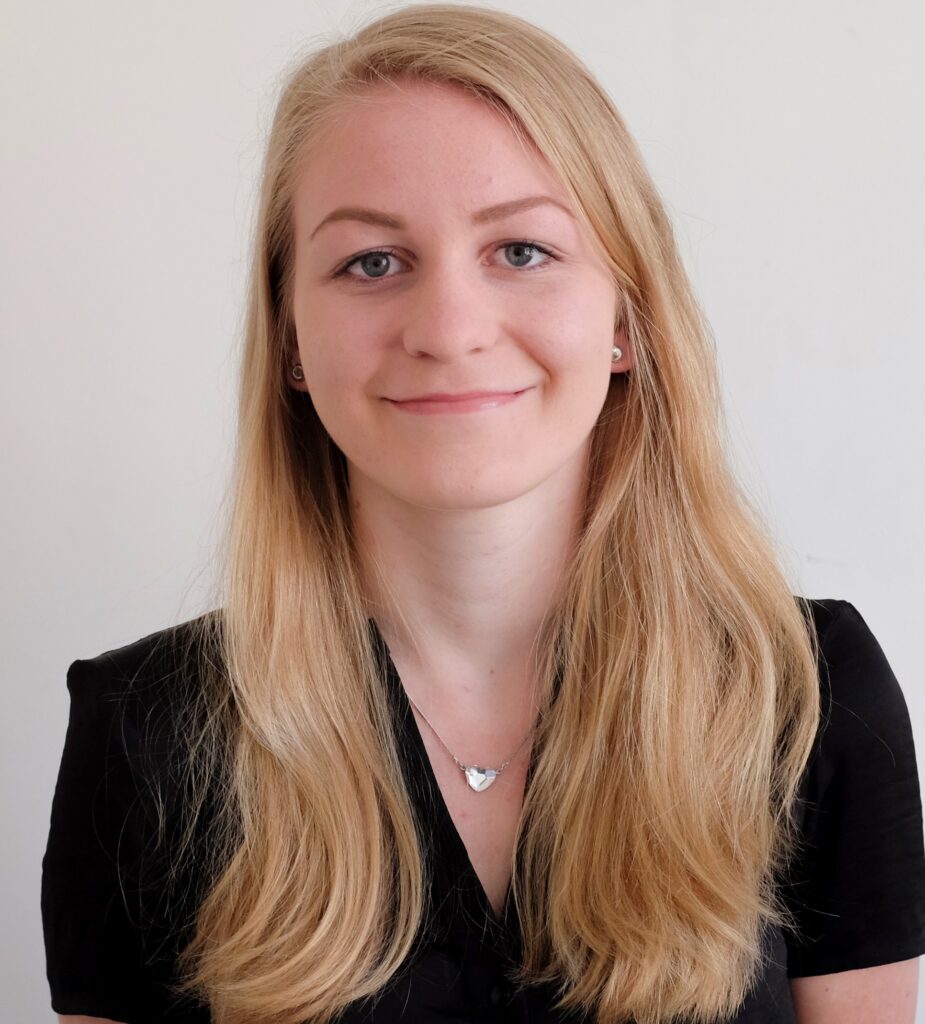

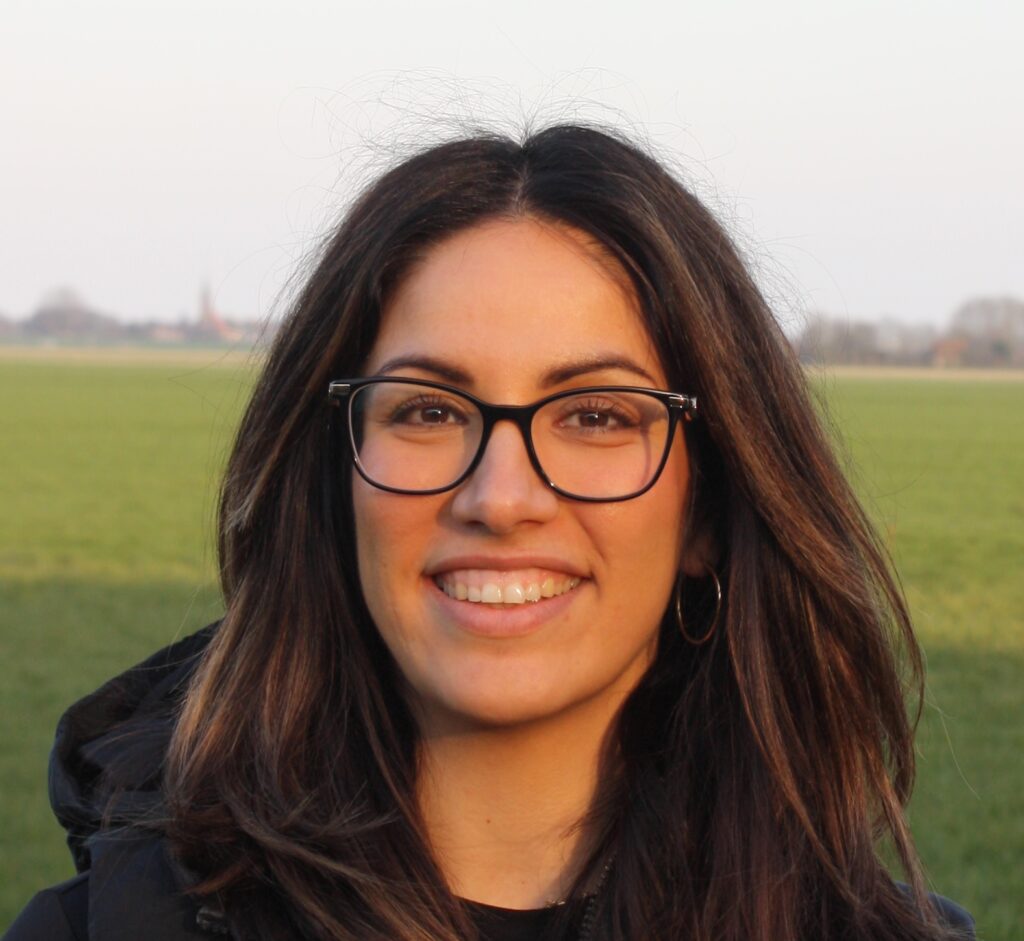


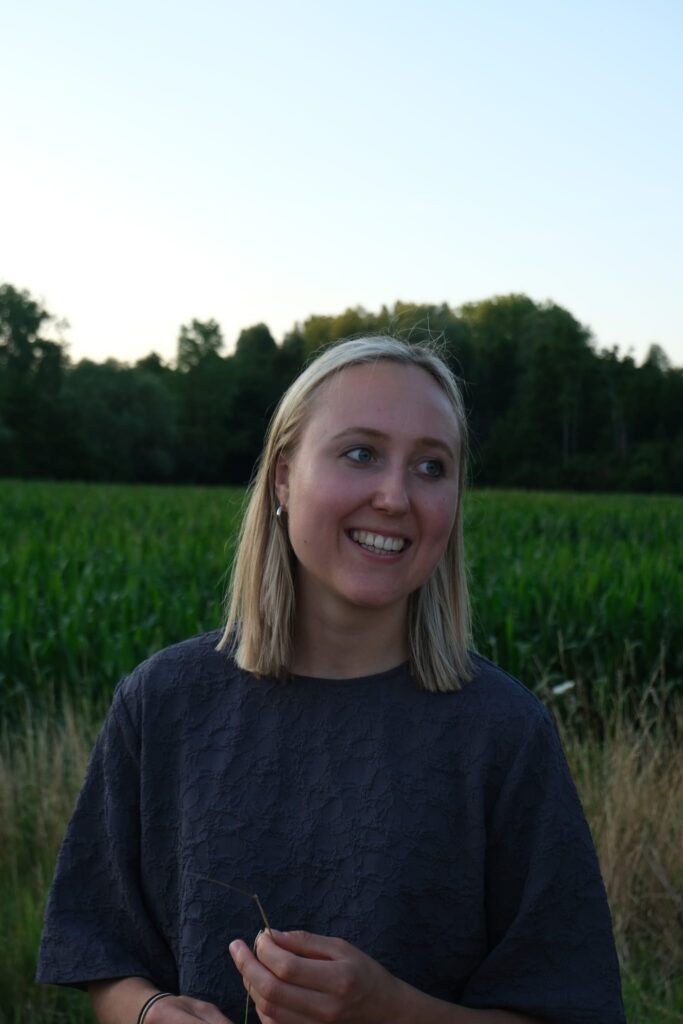
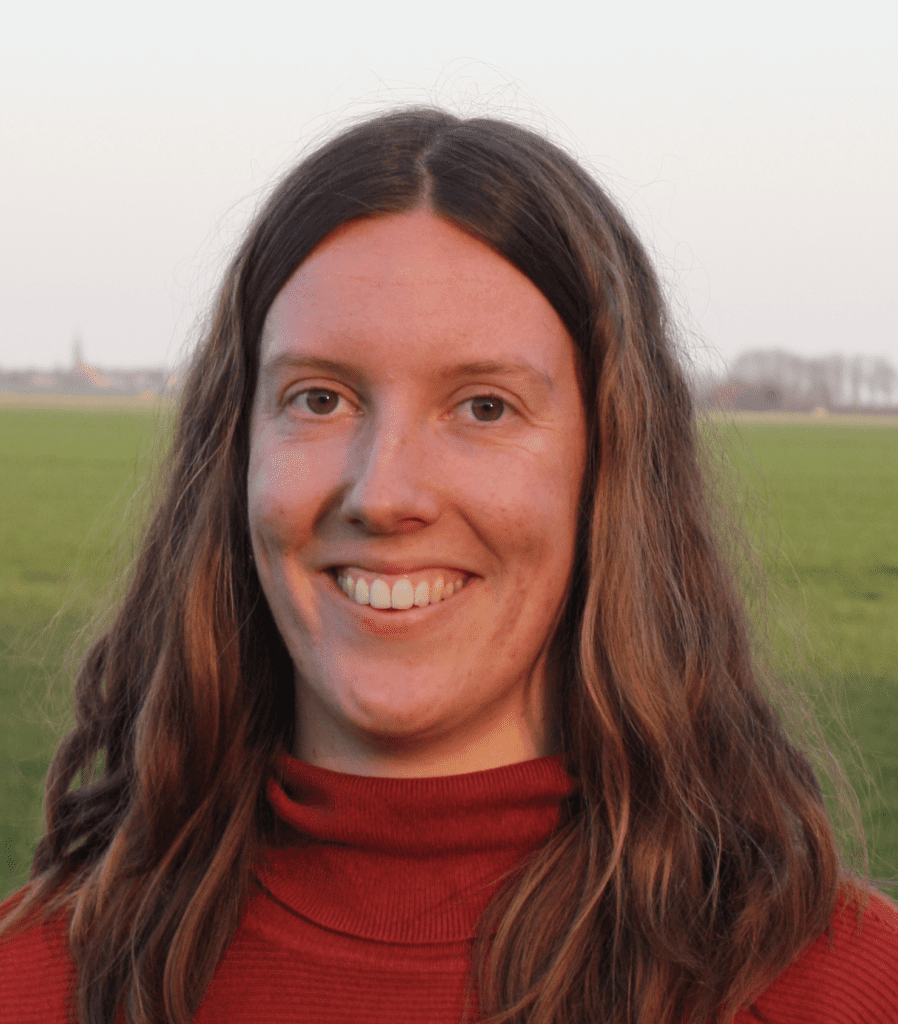

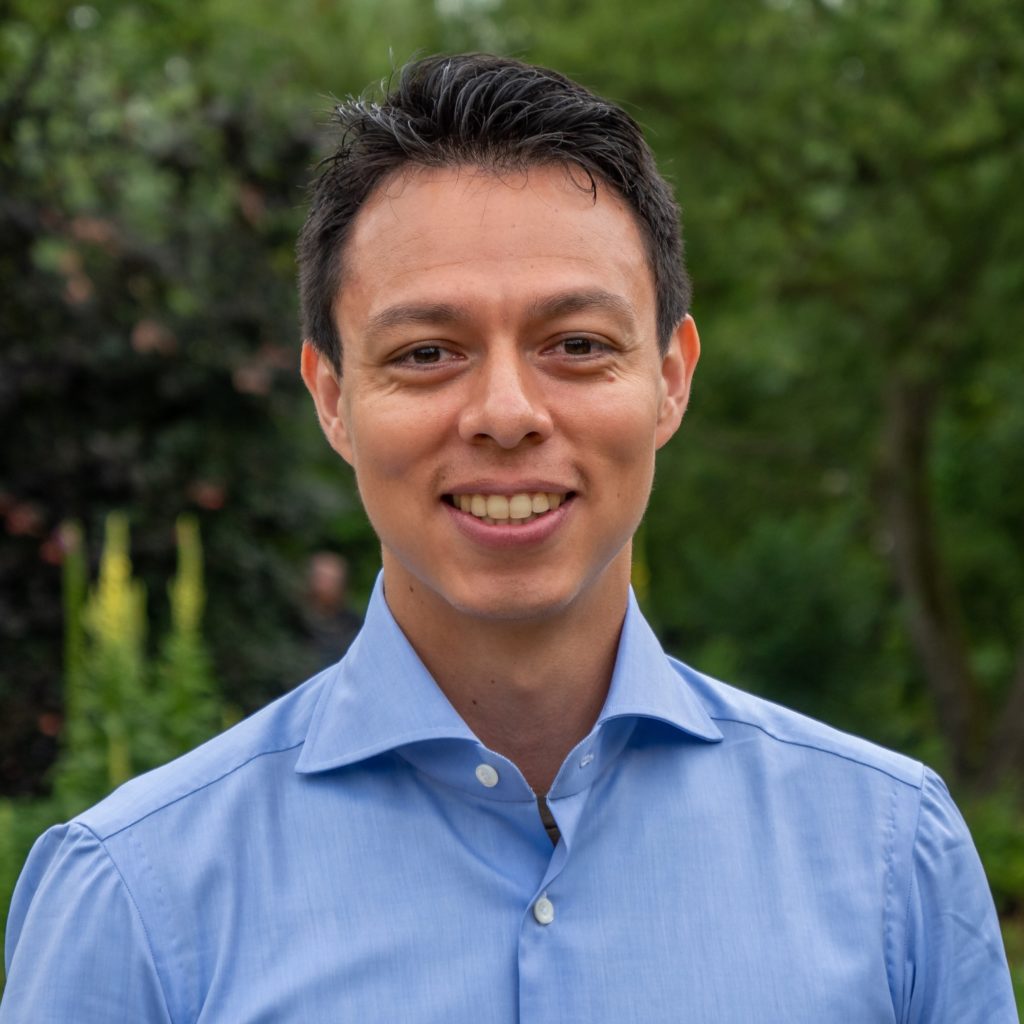

Join the lab
Currently, there are no open positions. Interested in an internship? Please mail w.l.m.stoker@amsterdamumc.nl for possiblities.

Data sharing and the Alzheimer Genetics Hub
We are open to collaborations and data sharing. Please contact us at info@holstegelab.eu.
One of our projects is the Alzheimer Genetics Hub: http://www.alzheimergenetics.org. This secure platform allows for data sharing of privacy-sensitive data: genetics data or other large scale data with strong privacy requirements. Please contact us for additional information.
Announcements
Agenda
The AD/PD™ Conference has grown to be the leading event in the field of neurodegenerative disorders with over 4,700 participants from 70+ countries and over 2,250 abstracts in 2024.


The official opening of the ADORE building.
The AD/PD Conference will take place in Copenhagen, Denmark. It has become the main event of the year in the field of neurodegenerative diseases. It is an annual meeting with the focus on Alzheimer’s and Parkinson’s Diseases and related neurological disorders.

Add Description Here






















